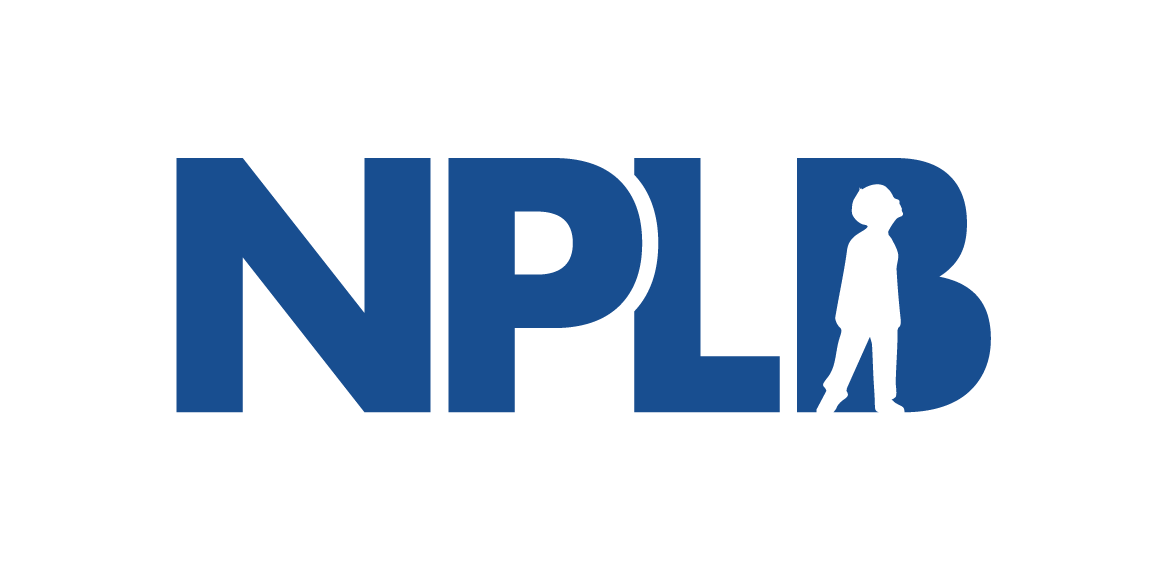AI can make it easier to discover new medicines – but Congress is making it harder
By Cony D’Cruz, co-founder and CEO, Superluminal Medicines Inc.
As a scientist and drug developer I know that healthcare can be tough to come by in rural areas, including in my hometown Mercersburg, PA. Hospitals are expensive and can be hard to access. Doctors, nurses and everyone else who keeps hospitals running work incredibly hard, but ordinary people sometimes still can’t get the care they need.
I founded a startup to harness the power of big data and AI to accelerate drug development, creating medicines that can treat diseases and keep us out of hospitals in the first place.
Today, from the lab through animal and human tests, creating a drug can take over a decade while sick people wait for treatments and cures. Because people aren’t mice, drugs that work in animals often fail to work in human clinical trials.
But with more accurate computer models that leverage AI, we can make better predictions of how people will respond to our molecules. That speeds development, attracting investors who fund biotech companies like mine (those investors often manage money for pension funds – so teachers, firefighters, and others in our neighborhoods may be investing in biotechnology, maybe even in my own company).
But even as our technologies improve, our odds are becoming longer. The 2022 Inflation Reduction Act changed the game for everyone involved in making drugs: doctors, patients, researchers, and investors. And I worry that the change will have negative consequences for all of us.
Drugs usually get about 14 years on the market before their patents expire and they become inexpensive generics. But the IRA allows the government to set lower prices for some medicines only nine years after they launch.
It’s fair to think that lower prices are better for everyone, but without enough time to earn a return on investment, we can’t expect anyone to fund those drugs’ development in the first place. Why would a teacher want their pension invested in a losing business?
That means fewer new medicines that could keep us healthy and productive, hobbling our quest to cure more diseases. It hurts us economically by taking away great jobs linked to innovation in our communities and leaving us with bigger hospital bills. Drugs might be temporarily expensive, but they then go generic. Hospitals never go generic.
Before they go generic, branded drugs can be too expensive to expect any one person to be able to afford them. But allowing companies to profit from their medicines should not mean that medicines are unaffordable to those who need them. This is where insurance comes in. We all pay premiums and taxes so that when one of us gets sick, insurance will pay for the treatments we need.
Newer branded drugs account for about 10% of all healthcare spending, so about 10% of what we pay in premiums goes to pay for novel medicines. That money is what provides the incentives to investors to fund companies like mine.
When an insured person can’t afford their medicine, it’s because their insurance plan charges them too much in so-called out-of-pocket costs. That’s sick people subsidizing healthy people’s insurance costs – just the opposite of how insurance ought to work.
Congress should ensure everyone has low or even no out-of-pocket costs, helping us afford healthcare, especially appropriately-prescribed medicines. It’s not like anyone pretends to have cancer to get free chemotherapy or fakes diabetes to get free insulin.
The IRA doesn’t price control all medicines at nine years. For some strange reason, Congress penalized medicines that are taken as pills. More complex injectable medicines called biologics are allowed 13 years before they are price-controlled (close to the 14-year norm for patents), so those projects will still be funded.
In many communities across the state, having fewer easy-to-take pills and more hard-to-administer biologics will hurt. It’s not always easy getting to a doctor. We’re going to be stuck with fewer and fewer options; the ones left will be more expensive and less convenient.
New technologies like AI can speed up America’s lab-to-pharmacy pipeline. As long as Congress doesn’t forget how insurance and investment incentives together make it possible for a medicine to be both profitable and affordable, we can continue to work on new medical breakthroughs, keeping us healthier for longer. That’s only possible if we keep believing that new medicines are worth it.
